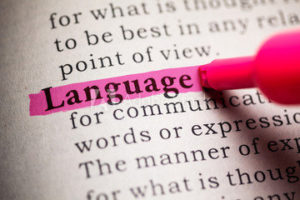
When language comes from certain groups – notably politicians, clergy, or marketers – we should be aware of how often it does not refer to anything in the real world and be sensitive to attempts to tell us what’s true or otherwise manipulate us.
The truth is what most people believe. And they believe that which is repeated most often
Josef Goebbels
Political language… is designed to make lies sound truthful and murder respectable, and to give an appearance of solidity to pure wind.
George Orwell











